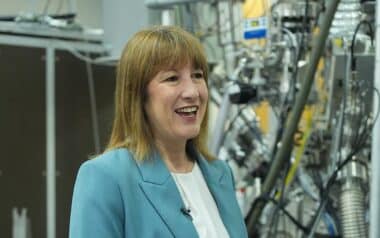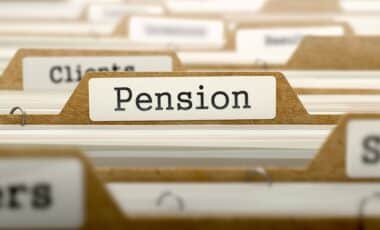Personal finance expert Martin Lewis has issued an important message to parents and grandparents in the UK, emphasising the benefits of opening a pension for children. His latest advice suggests that even newborns can start accumulating retirement savings, thanks to tax relief incentives and long-term compounding benefits.
How Pensions for Children Work
According to Martin Lewis, anyone—including children—can have a private pension, even if they have no income. The annual contribution limit for children is £3,600, but due to government tax relief, it only requires a £2,880 contribution from parents, grandparents, or other family members.
Financial institutions confirm that these pensions function similarly to adult pensions:
- Contributions benefit from 20% tax relief, even though children are not taxpayers.
- Growth within the pension is exempt from income tax and capital gains tax.
- Control of the pension passes to the child when they turn 18, but they cannot access the funds until the minimum retirement age (which is currently 55 but expected to rise).
The Long-Term Benefits of Early Pension Contributions
One of Lewis’ key arguments for opening a pension early is the power of compounding growth. The earlier the savings begin, the more time they have to grow. Grandparents, in particular, have taken an interest in setting up pensions for their grandchildren, viewing it as a long-lasting financial gift.
Lewis noted that many of his colleagues at MoneySavingExpert (MSE) have already established pensions for their children. While he recommends securing shorter-term savings options first—such as Junior ISAs—he sees pensions as a secondary but valuable financial tool for those who can afford it.
Balancing Personal Finances with Saving for Children
While encouraging parents and grandparents to consider pensions for children, Lewis warns that individuals should prioritise their own financial security first. He suggests:
- Ensuring personal retirement savings are in order.
- Setting aside emergency funds and other essential financial protections.
- Using Junior ISAs for more flexible, shorter-term savings before committing to long-term pension plans.
A Practical Rule of Thumb for Pension Savings
In addition to discussing children’s pensions, Lewis also shared a guideline for adult pension savings. He suggests using this formula :
“Take the age when you start contributing to a pension, halve it, and that percentage of your salary should be saved annually.”
For example:
- If you start at age 20, aim to save 10% of your salary (including employer contributions).
- If you start at age 40, aim for 20% of your salary.
While acknowledging that most people may struggle to meet this benchmark, Lewis stresses that starting early is the most effective way to secure a strong retirement fund.
Key benefits and rules of children’s pensions
- Annual contribution limit for a child’s pension: £3,600, with only £2,880 required from contributors due to 20% tax relief.
- Who can open a child’s pension: Parents or guardians, but anyone can contribute.
- Tax advantages:
- 20% government tax relief on contributions.
- Tax-free growth (no income tax or capital gains tax).
- Control shifts to the child at 18, but funds remain locked until retirement age.
- Martin Lewis’ savings priorities:
- Secure your own finances first before saving for children.
- Use Junior ISAs for more accessible savings.
- If financially possible, a child’s pension is a valuable long-term investment.
- General pension savings rule:
- Half your starting age as a percentage of salary should be saved annually.
- The earlier you start, the more time compounding has to work in your favour.
Martin Lewis‘ recent guidance on pensions outlines a long-term financial approach that allows parents and grandparents to utilise tax relief benefits and benefit from compounded growth over time.
Establishing a pension for a child at an early stage can contribute to future financial security. However, financial planning should take into account individual circumstances, with a focus on ensuring personal financial stability before allocating funds to a child’s retirement savings.









